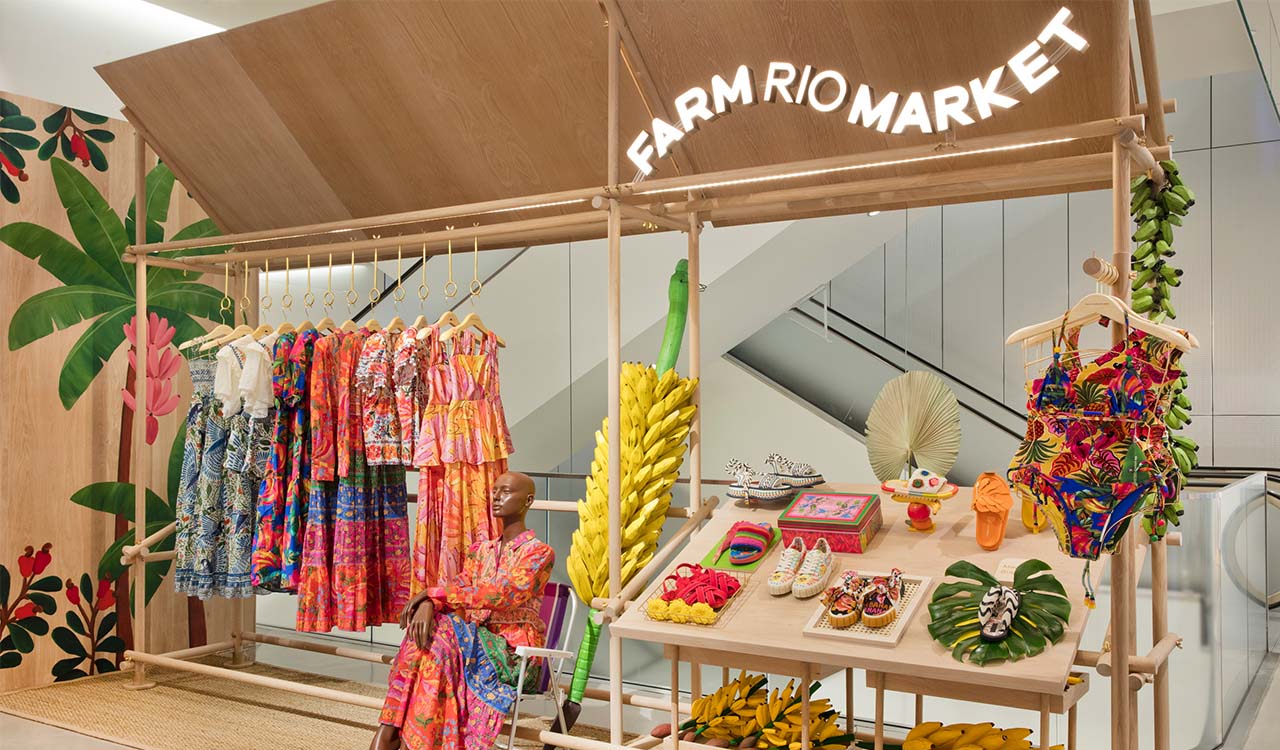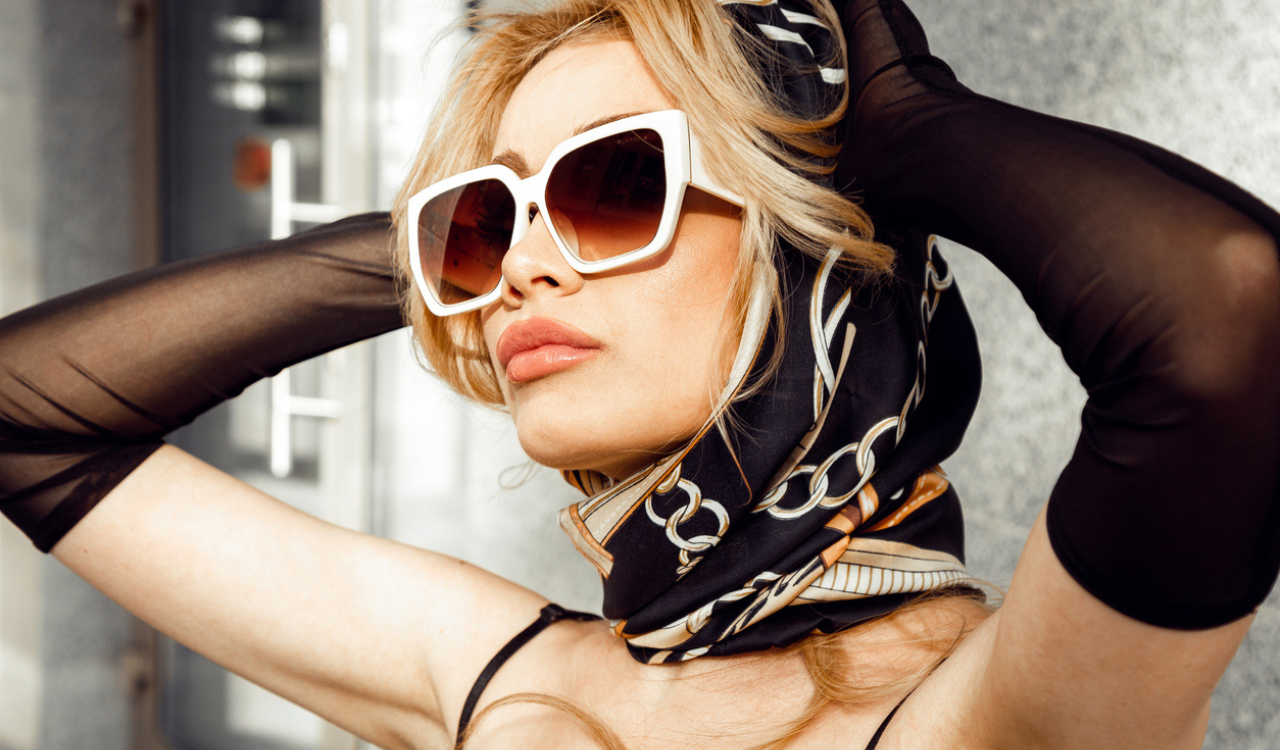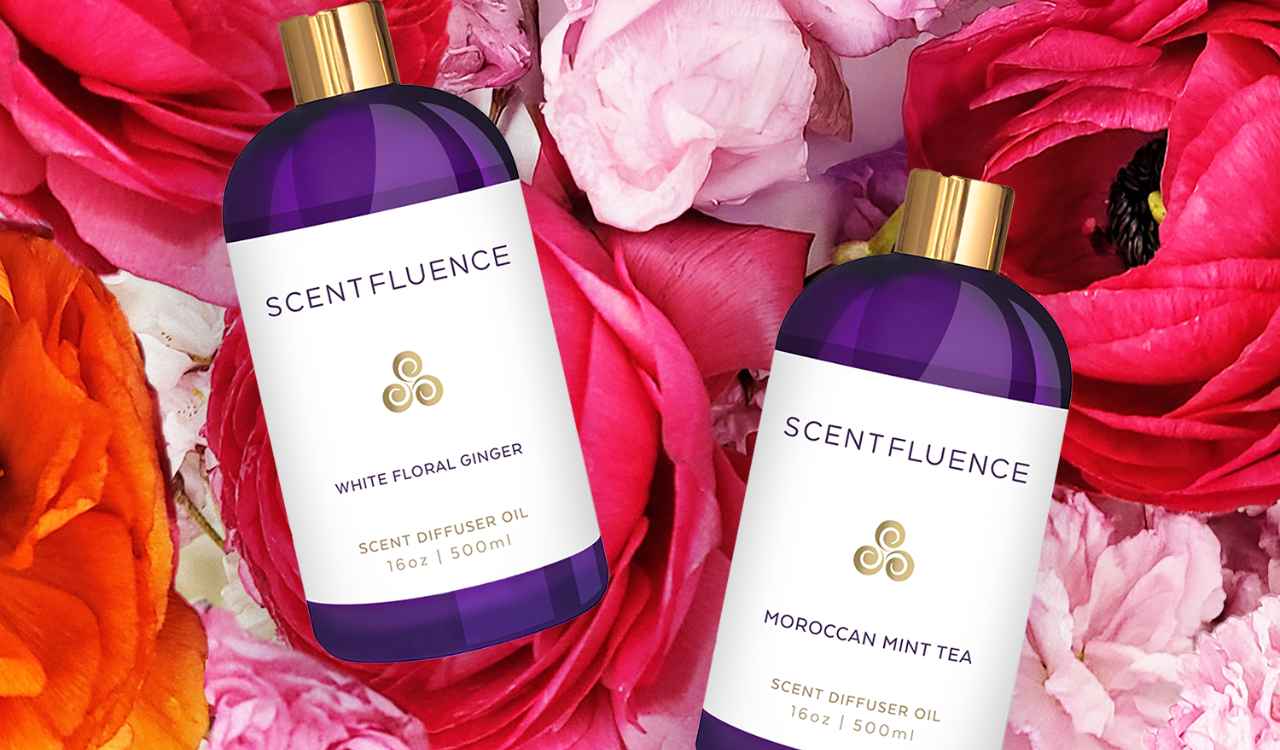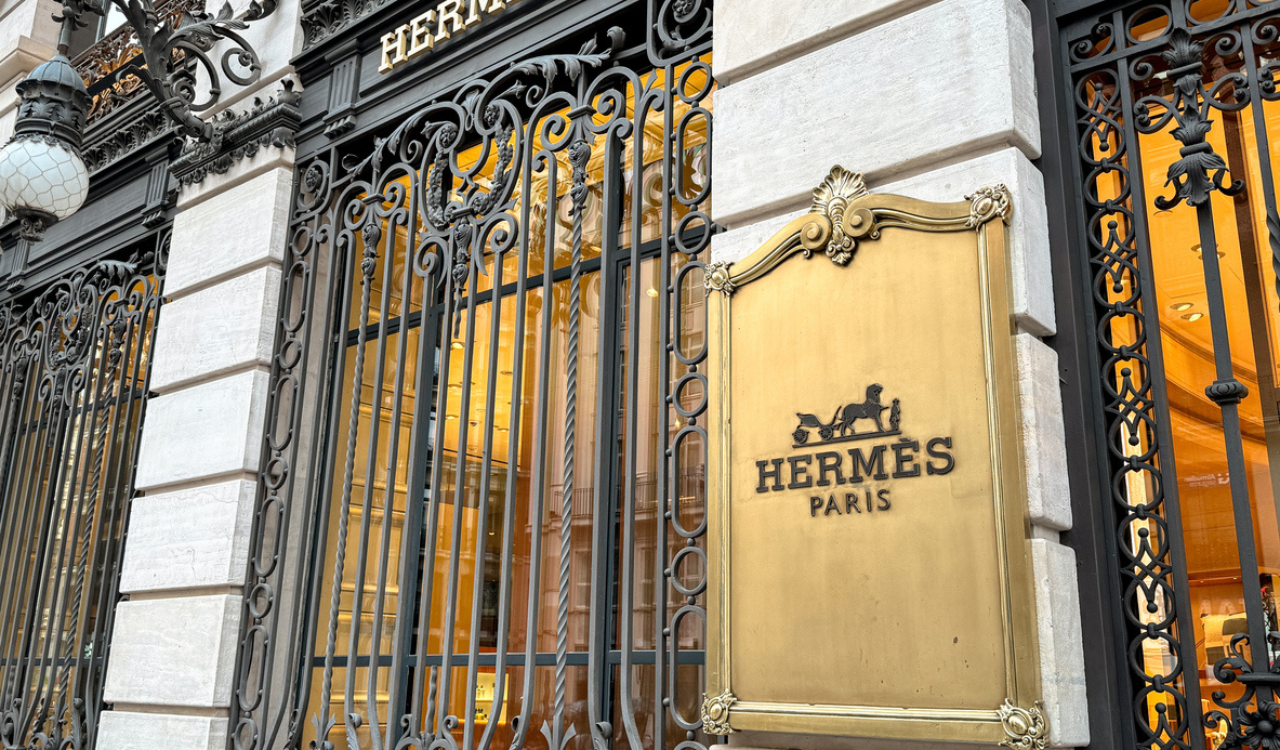Brazil is a massive country and home to the biggest rainforest in the world, the Amazon. The nation has evolved through hundreds of years of history from Portuguese colonization, bringing a European influence and tragic slave history (later creating a vibrant Afro-Brazilian culture), to the spirit of its native people. Brazil is home to a distinctively diverse heritage.
A blend of heritage, artistry, and sustainability makes Brazilian fashion a unique force, setting new standards in global retail and capturing the loyalty of socially conscious consumers.
Brazilian Storytelling
As a Fashion Business Management student at FIT and Brazilian-born, I can say Brazilian sustainable fashion brands’ style is especially appealing to Gen Zers because of its fusion of culture and narrative. It represents more than fashion design; it is a voice for diversity and native storytelling. Unlike much of Western fashion, Brazilian designers are challenging the traditional purpose of garment creation; they strive to bring something meaningful and rich with a personal narrative embodied within a garment. With an individual aesthetic, designers are originating more than apparel, they are creating stories full of culture and history.
Today, Brazil is emerging as an influential fashion center. According to Statista, the Brazilian apparel industry currently generates almost $33 billion and is projected to be approximately $40 billion by 2029. The growth of awareness in the Brazilian fashion industry has enabled many designers and brands to participate in a social revolution through fashion. Today’s technology and creative minds have gifted the Brazilian fashion industry with innovative, groundbreaking designs reflecting a cultural shift to genderless, indigenous, and technological fashion.
Emerging Designers
Amazonian designer Mauricio Duarte focuses his brand on his indigenous Kaixana heritage. He uses important cultural memes in his designs conveying ancestral knowledge and the same strength and significance as traditional body paintings of his people. These body painting-inspired designs raise awareness of the cultural diversity, ancestral richness, and Amazonian biodiversity in the country’s fashion sector.
Projeto Ponto Firme is another visionary brand reflecting Brazilian people’s imagination through their intricate knitting and beading designs. They use artisanal fashion as their voice to fight for change, in areas such as human rights and equality. Using traditional Brazilian knitting and beading methods, Projeto Ponto Firme frequently works with ex-prisoners to develop their artisanal skills and aid in their rehabilitation into society. Their collections serve as a vehicle for artistic expression as well as a social justice message, providing an outlet for voices that support equality and human rights in Brazil.
Lucas Leão is another visionary designer. He combines a futuristic edge to fashion by using digital design techniques and 3D patterning. He has transformed legacy design from the art of patternmaking and sewing to the science of building something truly original. His creations go beyond conventional stitching, by merging experimental silhouettes and virtual aesthetics to produce wearable art. This strategy appeals to Gen Z’s appreciation for avant-garde design and speaks to a contemporary, tech-savvy audience by redefining fashion as both art and innovation.
Inclusivity
The Brazilian fashion community has brought inclusivity into their designs and on their runways, something lacking in the worldwide fashion industry. The runways of this past São Paulo Fashion Week showcased a diverse cast of models of all shapes and sizes, representing the importance of creating fashion for everyone. Brazilian retail customers see themselves reflected in national brands and feel appreciated and empowered that people like them have a spotlight. Brazilian brands also understand that inclusion creates a stronger, more authentic connection with their consumers, which is a driving factor for loyalty and advocacy.
Sustainability: Brazil’s Commitment to Ethical Fashion
Sustainability in Brazilian fashion isn’t just a trend; it’s a defining characteristic. Incorporating ecological materials and eco-conscious manufacturing methods, most designers in the industry give back to their fragile environment by transforming such a polluting industry into a “fashion with more purpose” mission, as Sotocórno highlights. Nature is embedded in many Brazilians’ daily lives, reinforcing the need to find new ecologically safe materials and reduce waste.
Designer Rocio Canvas cuts waste in his production process by developing his designs through precision knitting techniques. By producing just enough material required for each piece, this reduces surplus fabric and enables nearly zero waste production. Precision knitting lowers fabric waste and sets an industry standard for sustainability.
ESC has created upcycling programs for their customers to bring in their unwanted clothes and use those textiles to create new lines. What differentiates Brazilians’ commitment to sustainability is the passion designers feel. Designers value mutual support and collaboration as much as they value their environment. Designer André Lucian says, “Being sustainable is not new, it’s a must.” Designers have a common goal of creating change together instead of competing with each other. Ana Luisa Fernandes adds, “No one gets anywhere alone. We share models, information, and experiences.”
The Allure of Brazilian Brands in International Retail
Sustainable, innovative Brazilian brands have become attractive to the international retail world following the growing global movement of conscious consumerism. The Brazilian aesthetic has influenced the fashion world for years, from the biggest supermodels in the industry, like Gisele Bundchen and Adriana Lima, to brands like Schultz and Farm Rio, which have taken the international market by storm.
Art has always been significant to the country’s culture, with many canvases to express it. Farm Rio is known for its “flamboyant” and rich Brazilian aesthetic. It has found the perfect way to enter new global markets, like the U.S. and Italy, by modifying its designs to fit the lifestyle and climate of each market. But there is no confusion; when you see a Farm Rio piece you immediately see Brazilian art within it. In 2023 Farm Rio generated approximately $117 million in international sales, as well as $269 million in its domestic Brazilian market, a testament to its successful global expansion and the widespread appeal of its vibrant Brazilian aesthetic.
Looking Ahead
Brazilian designers are in a strong position to influence diversity, inclusivity, and sustainability, as well as international appeal for their originality and creativity. The Brazilian fashion industry offers unique and significant positioning in the global market because of its distinctive design, cultural heritage, and ethical business practices. With its rich culture, inventive ideas, ecological practices, and artistic talent Brazil is particularly attractive to consumers who appreciate its mission to transform the industry.
With values that align with Gen Z’s passion for authenticity, inclusivity, and sustainability, Brazilian fashion isn’t just making waves; it’s setting new industry standards. As my generation will shape the future of fashion, Brazilian designers stand ready to lead, proving that style can be a powerful expression of culture and conscience.
Photo Credit: Nordstrom / Connie Zhou





